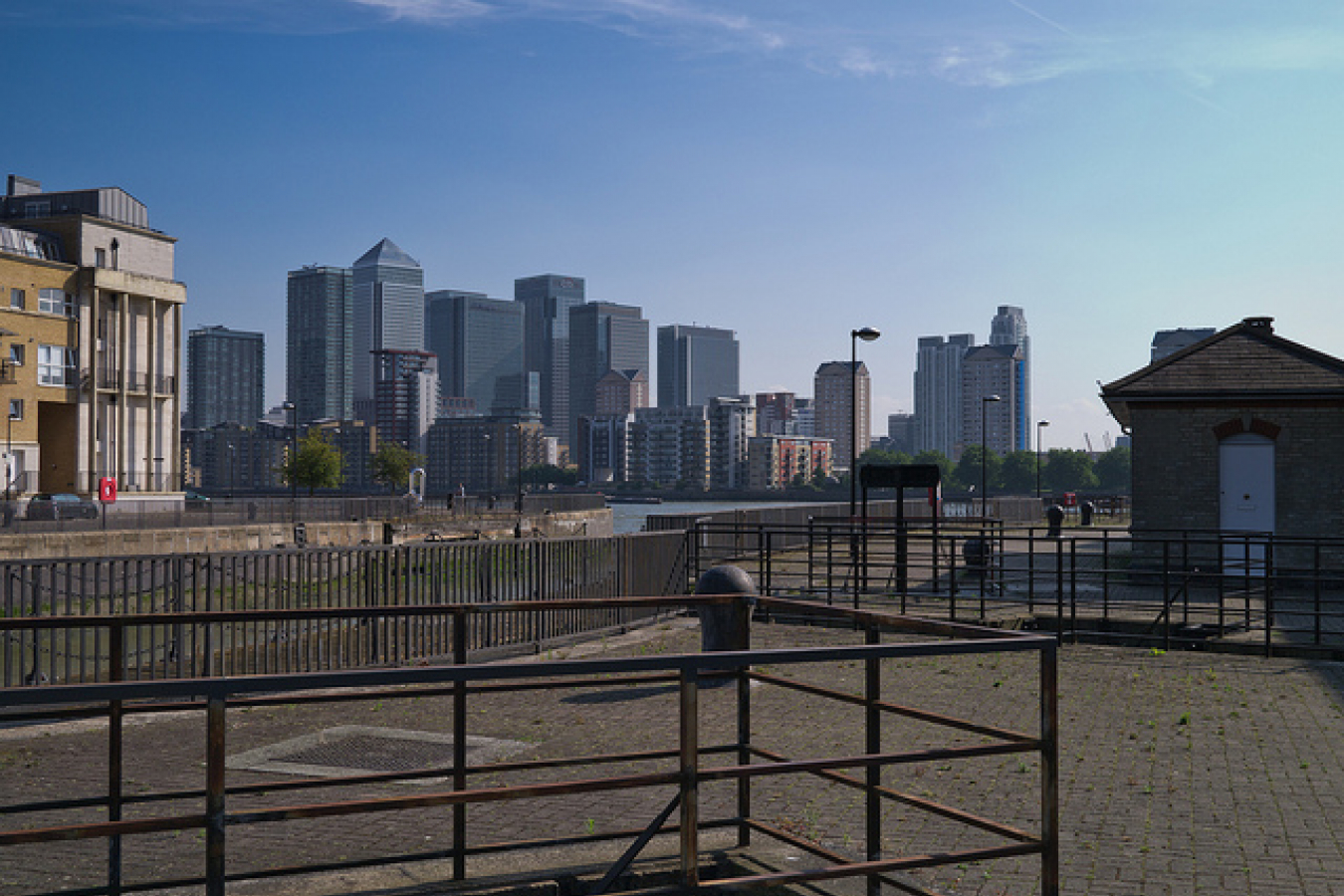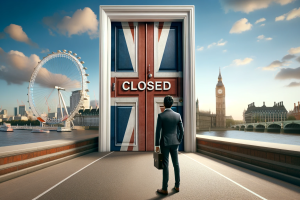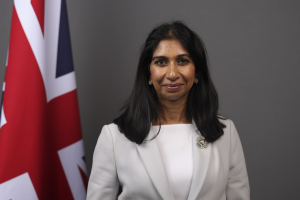Support migrant centric journalism today and donate

The UK Border Agency is changing the rules for marriage visas. The UKBA says that this is to protect people against forced marriage and help newcomer integrate into British life.

An overseas national can apply for permission to enter or remain in the United Kingdom as the husband, wife, civil partner, fiancé(e), proposed civil partner or unmarried/same-sex partner of someone who is settled (also known as indefinite leave to remain) or applying for settlement in the United Kingdom.
In December 2007 the UKBA published two consultation documents proposing new arrangements for marriage visas:
- Marriage to partners from overseas - this asked for views on proposed changes to the arrangements covering marriage visas and applications for permanent residence, and on how to ensure that we protect people at risk of being forced to marry a partner from overseas.
- Marriage visas: pre-entry English requirement for spouses - this asked for views on whether people entering the UK on a marriage visa should have to demonstrate some knowledge of English before they arrive in the United Kingdom.
The Government responded to the two consultations in July 2008, in a document called Marriage visas: The way forward. On 27 November 2008 UKBA increased the minimum age for marriage visas from 18 to 21 years. This means you cannot sponsor or be sponsored as a husband, wife, civil partner, fiancé(e), prospective civil partner or unmarried/same-sex partner until you are 21 years old.
The UKBA states that "The aim of this change was to protect young people from being forced into relationships they do not want, at a time in their lives when they could be establishing a degree of independence as adults through further education or through work".
A Code of practice was published on 6 March 2009, setting out how UKBA will deal with an application for a marriage visa or permission to remain in the United Kingdom as a husband or wife if someone is identified as vulnerable to a forced marriage.
The Code is primarily aimed at both entry clearance officers overseas and caseworking teams in the United Kingdom. It was completed following consultation across UK Border Agency, and with the Government's Forced Marriage Unit.
The UKBA states that the aim of the Code is to give greater certainty to victims of forced marriage that the UK Border Agency has an effective system in place to deal with forced marriage. UKBA also states that the code will mean that cases are dealt with consistently and that appropriate support is offered to victims. It is also stated that this is the most comprehensive staff guidance that the UK Border Agency has produced on forced marriage.
'Marriage visas: The way forward' also included several other proposals, including :
- "We will require those seeking spouse visas to enter into an agreement to learn English as part of the visa application process and, once they have arrived in the UK, to show that they have fulfilled this commitment.
- "We will set a medium-term goal of introducing a pre-entry English test for marriage visa applicants.
- "We will seek to revoke indefinite leave to remain rendering the individual liable to expulsion where there has been abuse of the marriage route.
- "We will introduce a requirement for British citizens and permanent residents who are seeking to sponsor a spouse to come to the UK to first declare their intention before leaving the UK and marrying abroad.
The UKBA will be continuing to develop proposals in this area.





















